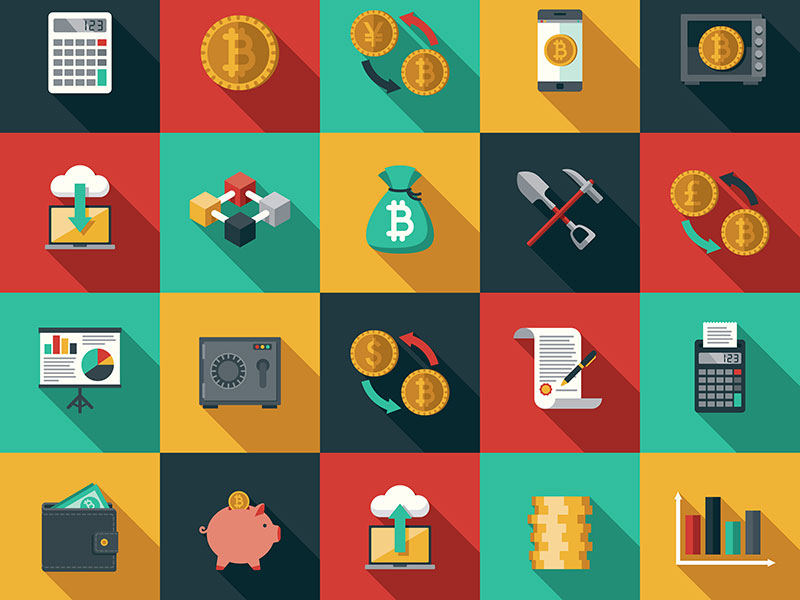Top 5 uses for blockchain technology beyond cryptocurrencies
Several companies are set to harness the potential of blockchain platforms in the hope of increasing security and efficiency across a wide range of industries

With many projects still in the early stages of development, we can expect to see blockchain technology revolutionise a number of industries in the coming decades
The meteoric rise of bitcoin has put blockchain technology in the media spotlight. But as well as underpinning headline-grabbing cryptocurrencies, blockchain is being used to solve a variety of issues across a number of industries.
The key advantage of blockchain is that data can be shared quickly between parties, while also being time-stamped and secured through cryptography. This makes it useful for industries that regularly deal with data-heavy and secure transactions, such as finance.
But new players are racing to close in on the market too, with a wide range of companies developing blockchain systems to improve security and time efficiency in their respective fields. In fact, blockchain start-ups amassed over $3.7bn in funding through token sales last year.
With many projects still in the early stages of development, we can expect to see the technology revolutionise a number of industries in the coming decades. Here, we outline five ways blockchain technology is set to be used beyond the world of cryptocurrencies:
Secure trade deals
On January 22, Louis Dreyfus announced it had completed the world’s first agricultural transaction using blockchain technology. The landmark deal, carried out with Shandong Bohi Industry, concerned a shipment of soybeans from the US to China.
With the help of the Easy Trading Connect blockchain platform, the paper documents that usually slow down agricultural transactions – such as sales contracts and letters of credit – were fully digitalised. As a result, form processing was completed five times faster than usual, with data being matched in real time. The transaction was also completed in half the usual time.
The key advantage of blockchain is that data can be shared quickly between parties, while also being time-stamped and secured through cryptography
International cybersecurity
Amsterdam-based group Guardtime is also putting the enhanced security of blockchain platforms to use on an ambitious scale. Established by cryptographers in 2007 to create a blockchain-based security system for the Estonian Government, the group is now working to create a blockchain-centric signature infrastructure that removes the need for cryptographic keys to authenticate data.
Ballot boxes
While problems with counting paper votes have historically slowed the democratic process, converting to an electronic system has often been dismissed for being too vulnerable to hacking.
Start-up Follow My Vote, however, is developing a blockchain-based online voting system that eliminates the possibility of data being manipulated and hacked. The technology would also rule out the human error found in counting votes, eliminating the need for lengthy re-counts.
Real estate
Technology and finance start-up Ubitquity has become the first company to offer a blockchain platform aimed at real estate traders. Its software-as-a-service platform is designed to be a parallel recording and tracking system for properties, and is aimed at mortgage, title and financial companies.
The service provider is currently piloting its system in Brazil, gathering property documents and information from a local land records bureau.
Pharmaceuticals
Announced in September, the MediLedger Project aims to use blockchain technology to prevent stolen or counterfeit drugs from entering supply chains. The project is backed by a number of pharma giants – including Gentech and Pfizer – and represents a huge industry endorsement for the blockchain model.
If the MediLedger Project is successful, a blockchain database will ensure drug deliveries are securely recorded and time-stamped at every stage of the process, from manufacture through to hospital use.













